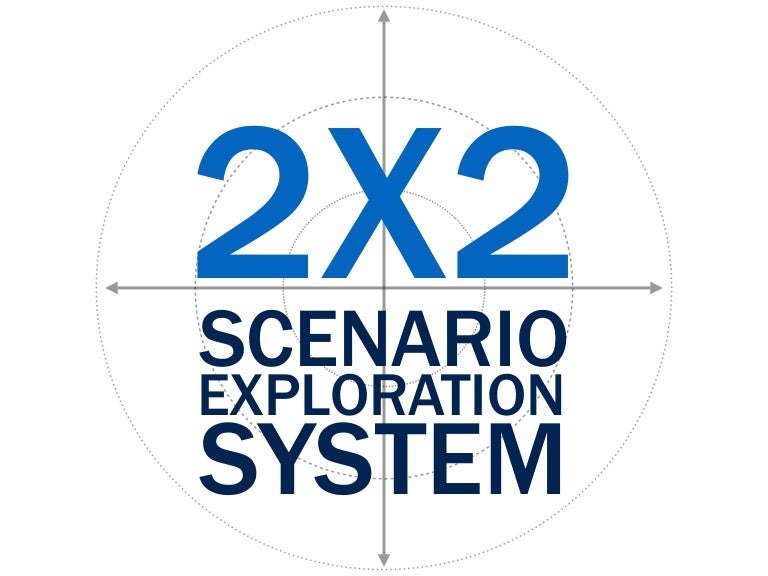
Planning practices — strategic planning, scenario planning, and the like — have taken firm root in both the public and private sector. Governments roll-out security scenarios. For-profit firms establish short-term, medium-term, and long-term strategic plans. More and more; on and on, the planning seems never to stop in our postmodern age.
Most folks are, thus, rightly surprised to find out that scholars typically do not know why planning processes work or, when they fail, why. The reasons are deep-seated and my co-author (Matthew Spaniol) and I (Nicholas Rowland) tackle a few of them in our new paper “the scenario planning paradox,” which builds on some of our previous work about multiplicitous notions of “the future” and plural “futures” as well as the social practices associated with the process of scenario planning in the first place. Below is the abstract and link to the planning paradox paper:
For more than a decade, futures studies scholars have prefaced scholarly contributions by repeating the claim that there is insufficient theory to support chaotic scenario methodology. The strategy is formulaic, and the net effect is a curious one, which the authors refer to as the scenario planning paradox. Contributing fresh theory supposedly attends to the ” dismal ” state of theory, while contributing new typologies purportedly helps bring order to methodological chaos. Repeated over time, the contribution strategy breaks down. Effort to resolve the theoretical and methodological issue, which motivates re-statement of the claim in the first place, ultimately fails. In actuality, the field is distanced from its purported goals. The ” dismal ” state of theory encourages scholars to adopt theory that is not necessarily tethered to a common core, which does not contribute to a shared, foundational theoretical perspective in futures studies. Perceived chaos gives way to typologies, which, as they mount, contribute to the chaos they were meant to resolve. The end result, intended by no one, is that theory remains dismal and methods remain chaotic. This direction for the field is indefensible and untenable; either the field accepts this claim as a statement of truth, for which the solution is substantially enhanced empiricism, or rejects the claim and re-interprets the bounty produced by said claim to be a kind of richness in theory and method rather than the implicit paucity, poverty, and imperfection that they oft signify to the field now.
*image: h ttps://cdn.slidesharecdn.com/ss_thumbnails/2x2ses5-150723194444-lva1-app6892-thumbnail-4.jpg?cb=1437680904
Pingback: Happy New Year from ISO! | Installing (Social) Order
Pingback: Using STS to study Futures Studies | Installing (Social) Order
Pingback: Planning Paradox | deer hunting
http://www.discoverneom.com
LikeLike